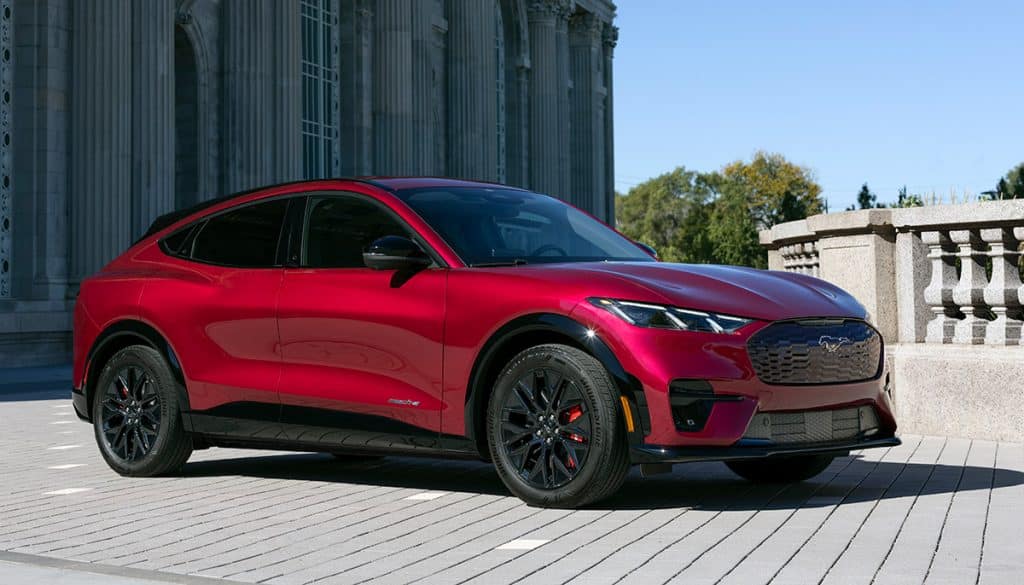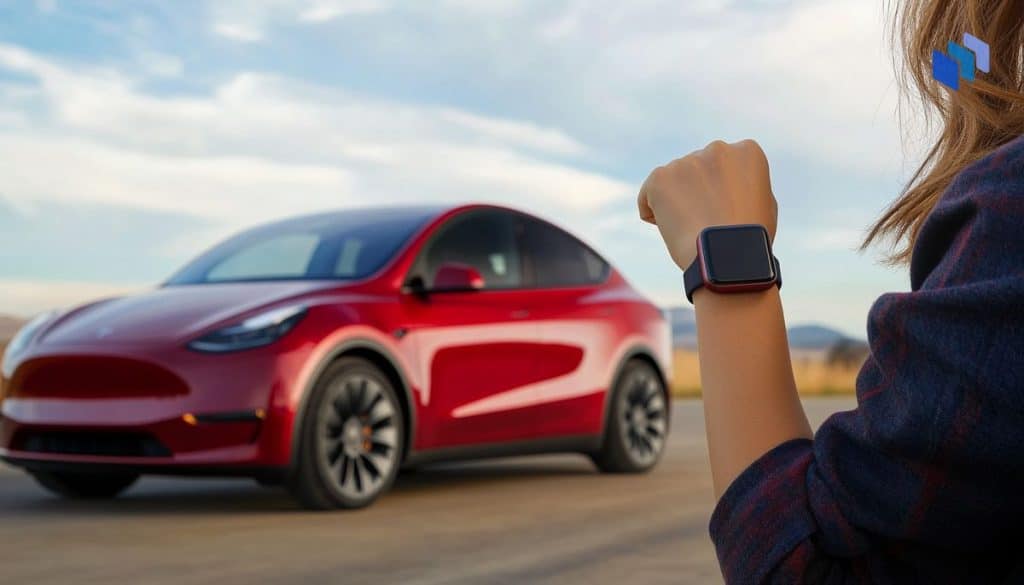Qualcomm has introduced the Snapdragon 8 Elite, and it claims the design is the fastest-ever mobile system on a chip — in part because it brings PC-oriented computing cores to your phone.
The new SoC is the first mobile-oriented part to use the same Oryon CPU technology found in PC chips like the Snapdragon X Elite, rather than the Kryo cores from before. That theoretically leads to better on-device AI, including multimodal models and even “advanced” photo processing.
Qualcomm also claims better overall performance, including 45% single- and multi-core speedups versus the 8 Gen 3 as well as 62% greater responsiveness in Chrome. And yes, gaming gets some help — the Snapdragon 8 Elite is billed as the first mobile platform to support full Nanite elements in Unreal Engine 5.3. In other words, games based on that engine could have the near-photorealistic detail previously reserved for high-end console and PC implementations.
You can also expect new “sliced architecture” Adreno graphics and an X80 5G modem with AI acceleration that helps with both opportunities for multi-gigabit cellular service and more accurate location features.
Qualcomm already has a number of major manufacturers pledging support for the Snapdragon 8 Elite, including ASUS, Honor, iQOO, OnePlus, Oppo, Realme, Samsung, Vivo, and Xiaomi. You can expect the first models in the “coming weeks,” the company says.
It will be a while before real-world testing shows how the Elite fares against the competition, including Apple’s A18 Pro and MediaTek’s Dimensity 9400. Both tout improved on-device AI as well as significant gains in general performance. Notably, Apple also touts console-quality versions of games like Death Stranding and Resident Evil Village that aren’t available on Android — greater frame rates might not matter if the titles aren’t there.
There’s also the question of practicality. As we saw in our Pixel 9 and 9 Pro XL reviews, an ostensibly slower SoC can feel as fast or faster thanks to an optimized design or streamlined software.
The generational performance claims are some of the largest seen in a long time, though, and early tests hint the Snapdragon 8 Elite might beat the A18 Pro. Qualcomm in recent years has frequently found itself playing catch-up. Now, it might take a clear lead and hold that position for several months.













